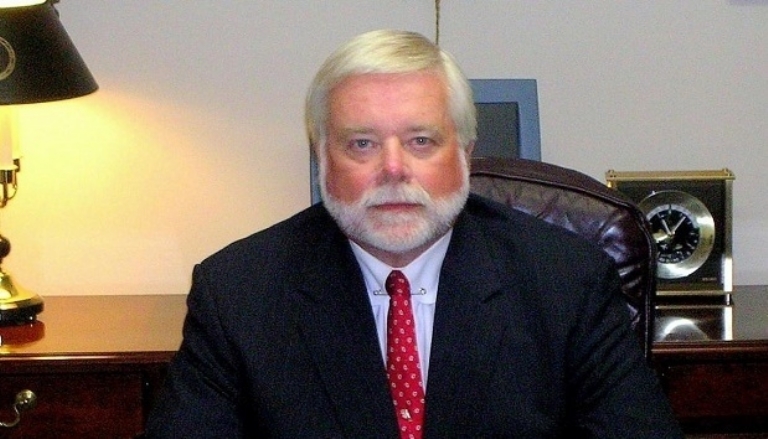

“The year 2020 has been deleterious for the finances of Brazilian states, since, in addition to the old problems of fiscal imbalance, tax collection was impacted by the coronavirus pandemic. But now there is hope for improvement, represented by a new source of funds: lotteries.
On September 30, the Supreme Federal Court concluded the judgment of the Arrangements of Non-Compliance with Fundamental Precept 492 and 493, and of the Direct Action of Unconstitutionality 4,986, deciding that Articles 1 and 32 of Decree-Law 204/1967 were not accepted by Federal Constitution. That rule, issued during the period of the military regime, gave the Federal Union exclusivity to operate lotteries, prohibiting its exploitation by the states. But at the same time, the decree-law guaranteed states that, at that time, exercised lottery activities the right to maintain their operations, limited to the “same amount of tickets” sold in 1967.
In other words, there was a real affront to the principle of isonomy among the federal entities, since some Brazilian states continued to exploit lotteries - and to earn revenues from such activity -, while others were prohibited. But even those states that, theoretically, could continue with their lotteries, such as Minas Gerais and Rio de Janeiro, have been constantly questioned and threatened. In 2016, for example, the then Secretariat for Economic Monitoring of the Ministry of Finance instituted administrative processes that resulted in the determination that the lottery activities by the states were stopped. It was these administrative processes, coupled with an attempt by the Federal Union to annul rules issued by Mato Grosso regarding the local lottery, which gave rise to the filing of ADPFs and Adin at the STF.
In the judgment of the actions, the rapporteur, Minister Gilmar Mendes, drafted a vote that, in a very didactic way, makes a historical overview of the regulation of lottery activities in the country and explains the reasons why lotteries have a public service legal nature, concluding that the exclusivity granted by Decree-Law 204/67 does not match the text of the 1988 Federal Constitution.
In fact, the Magna Carta, when dealing with the topic, instituted the competence of the Federal Union to legislate on “consortium and lottery systems”, which includes lotteries, but does not mention the competence to provide the public lottery service. Quite the contrary, the Constitution, in article 195, lists, among the sources of funding for social security by the Federal Union, the states, the Federal District and the municipalities, the prediction contest.
Obviously, member states cannot explore lotteries as they see fit, since, with the federal government's exclusive competence to legislate on the matter, they must observe the limits established by federal rules. The states cannot, therefore, under the provision of the public lottery service, install bingos or casinos. At this point, Minister Gilmar Mendes pointed out that the understanding that member states can operate lotteries does not conflict with the statement of STF Binding Precedent 2, which considers state or district law or normative act that provides for consortium systems and draws, including bingos and lotteries. There is no doubt about the private nature of the Union's competence to legislate on the matter. But there is no constitutional prohibition on the exploitation by the states of lotteries, as long as they observe the limits and follow federal legislation.
If, legally speaking, the STF's understanding is the most correct, it is certain that, from an economic point of view, the exploitation of lotteries by the states makes more sense than their concentration at the federal level. Successful lotteries are those that take into account the desires, expectations and culture of players in each region. And these factors are best observed when the administration of the lottery game is done in the very place of its commercialization.

In addition, lotteries must allocate resources for social purposes. If the amounts collected in the lottery exploration supply local projects and the population can see the result of this allocation, the lottery starts to have a community bias, forming an equation in which the population wins and the state government wins. Nobody better than the states themselves to define where the funds raised by local lotteries should be applied, since they know their needs better: for some, education; for others, public safety or even health. The government of Minas Gerais, for example, in the first half of 2020, allocated more than R$ 30 million in actions to combat the coronavirus pandemic.
Now, in a country with a very high tax burden, in which the states have been clamoring for a larger share of the tax collection, there is nothing more just than granting them the possibility of obtaining from their citizens the payment of a “voluntary tax”, which, in essence, is the dynamics of the lottery: the individual chooses to buy a ticket, hoping to win, but knowing that his action will give money to the government to help the local community.“
Marcello A. L. Vieira de Mello is a lawyer, master in Corporate Law and professor of the graduate course at the Center for Studies in Law and Business (Cedin).
Kip Peterson is a captain in the United States Merchant Marine, founder of the Thorsborg Institute and a World Bank / IMF-appointed analyst with expertise in lotteries and games.
Source: Gazeta do Povo/Paraná